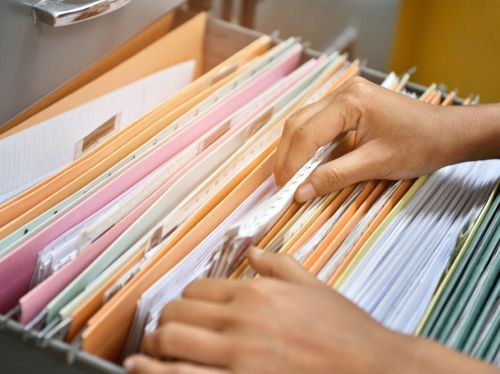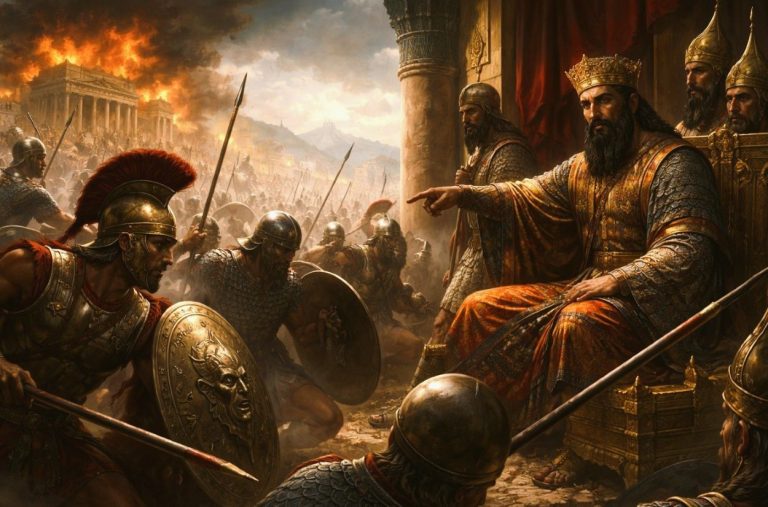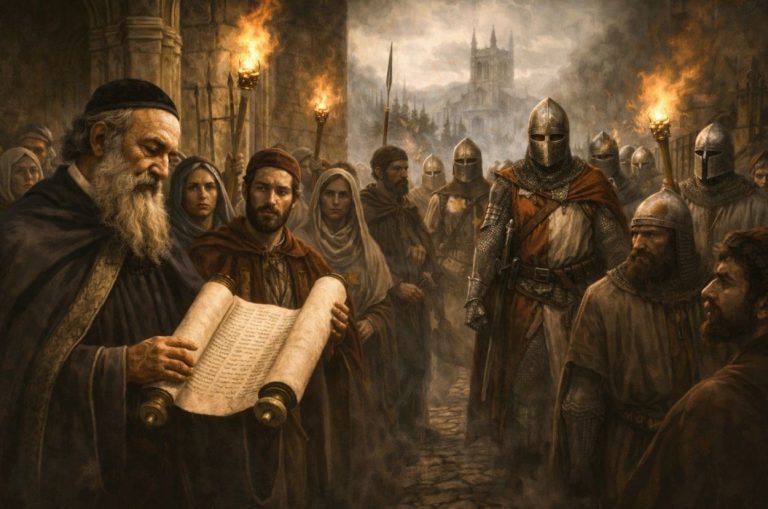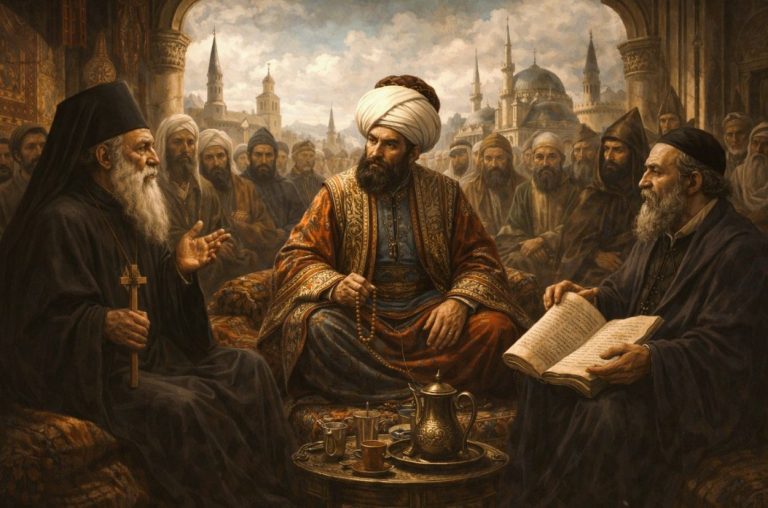

Record-keeping is one of the oldest tools humans have used to build and manage society. Long before computers or printing presses, people found ways to leave marks behind — to track food, trade, memories, and laws. These early efforts helped organize life, protect agreements, and pass culture through generations.
From Sumerian clay tablets to cloud systems today, the act of recording things shows how we adapt to growing needs. This piece walks through the history of record-keeping, why it’s always mattered, and how modern platforms carry that same purpose into the digital world.
Ancient Beginnings of Record-Keeping
The idea of writing things down didn’t start as a luxury. It started because memory wasn’t enough anymore. As cities grew, leaders needed better ways to keep track of what was happening, much like Wispwillow’s effort to preserve thoughts before they faded away.
Clay Tablets and the Birth of Writing
Around 3100 BCE in Mesopotamia, the Sumerians started using cuneiform — a writing system made of wedge marks pressed into wet clay with reeds. These tablets recorded taxes, crop counts, trades, and deals. Unlike oral stories that changed with the teller, clay tablets kept things steady. They could be checked later. They lasted.
Records as Economic Tools
This wasn’t just about keeping notes. These records were necessary. Without writing, rulers couldn’t track food supplies, debts, or people. Farmers wrote grain amounts. Merchants wrote agreements. Kings tracked taxes. Without this, systems would break down. Memory has limits.
Oral Traditions vs. Written Permanence
Before writing, memory ruled. Stories, history, and law were passed down by voice. But memory fades. Details change. Writing freezes information in place. Oral culture kept things alive. Written records kept them consistent.
Manuscripts, Scripts, and Memory
As writing spread, it took on more than just math and trade. People started writing down stories, laws, prayers — things that held meaning.
Guardians of Knowledge in Scriptoriums
In medieval Europe, monks became the keepers of books. They copied texts by hand in quiet rooms called scriptoriums. Religious texts, science, history — all slowly, carefully written over months. These copies lasted through wars, regime changes, even fires.
Law, Governance, and Identity
Governments relied on documents too. Kings issued laws in writing so they would stick. Land ownership, court rulings, births and deaths — all put into records that could prove who owned what or who had rights. We still use systems based on that same thinking today.
Memory and Written Permanence
Even with writing, oral tradition didn’t go away. It stayed alive in communities, ceremonies, and songs. But once something was written down, it didn’t shift as easily. It became fixed. Over time, people came to trust records more than memory.
Industrialization and the Rise of Bureaucratic Records
When the modern world sped up, records had to change too. More people, more trade, more governments — all required better systems.
Expansion of Paper Archives
The 1800s and 1900s saw a paper explosion. Governments filed census results, legal documents, and school records. Businesses filled shelves with ledgers and contracts. Filing cabinets became essential. Paper was king.
Standardization and Organization
Forms, stamps, and signatures made everything official. They helped companies and countries stay on the same page — literally. A contract in London looked like a contract in New York. That kind of uniformity helped systems grow.
Archives as Tools of Power and Memory
But the archives weren’t neutral. Some things got recorded. Others didn’t. Who controls the archive can control the story. Still, for historians, old records are gold. They show how everyday life was lived and what people thought was worth saving.
The Digital Transformation of Records
Then came computers — and suddenly, all that paper started disappearing.
Computers Replace Manual Filing
By the mid-20th century, offices began switching to digital systems. What once filled rooms now fit on a disk. With a few keystrokes, you could find a file that used to take hours to track down. Errors dropped. Speed increased. Everything moved faster.
The Cloud as the Modern Archive
Now, cloud platforms let us store information offsite — available from anywhere. You don’t need shelves or filing rooms. Just a login. This shift changed not just storage, but access. Anyone with permission can find what they need, instantly.
Example: Digital Tools in Action
Modern tools like OnlyMonster carry on this tradition. These platforms don’t just hold files — they help users organize, protect, and analyze their digital records. Just like clay tablets helped early cities manage grain, today’s tools help people manage content, projects, and digital memory in ways the Sumerians couldn’t have imagined.
A Reflection of Human Needs
What we use changes, but why we do it doesn’t. We still want to remember. We still want order. Whether carved into stone or saved in the cloud, records show what we value — and what we’re trying to hold onto.
What the Future Holds for Record-Keeping
We’re not done. The next phase is already unfolding — and it raises new possibilities and questions.
- AI and Knowledge Retrieval. AI is starting to act like a super-fast librarian. It can read through millions of documents, summarize, and pull out answers. In the future, people might have personal AIs that remember everything — medical records, past chats, purchases — and help them use it instantly.
- Decentralized Records with Blockchain. What happens when no single group controls the record? That’s what blockchain offers — a decentralized system where records are stored across many computers. No edits, no deletions. This could protect documents from censorship or loss — something scribes and rulers tried to do in ancient times, but never fully solved.
Ethical Questions Ahead
But tech brings problems too. Who gets to store data forever? Who decides what should be deleted? Can you erase your past? As tools grow, these questions become urgent. It’s not just about how we store records — it’s about who controls them.
Conclusion
Record-keeping is a quiet force behind every stage of civilization. From scratched clay in ancient markets to encrypted files in modern clouds, we’ve always needed systems to help us remember, manage, and build. Today’s digital platforms are part of that same long line. They give creators, businesses, and everyday people ways to hold onto what matters. As AI, blockchain, and privacy debates shape the next chapter, one thing’s clear: the instinct to record and remember won’t disappear.


